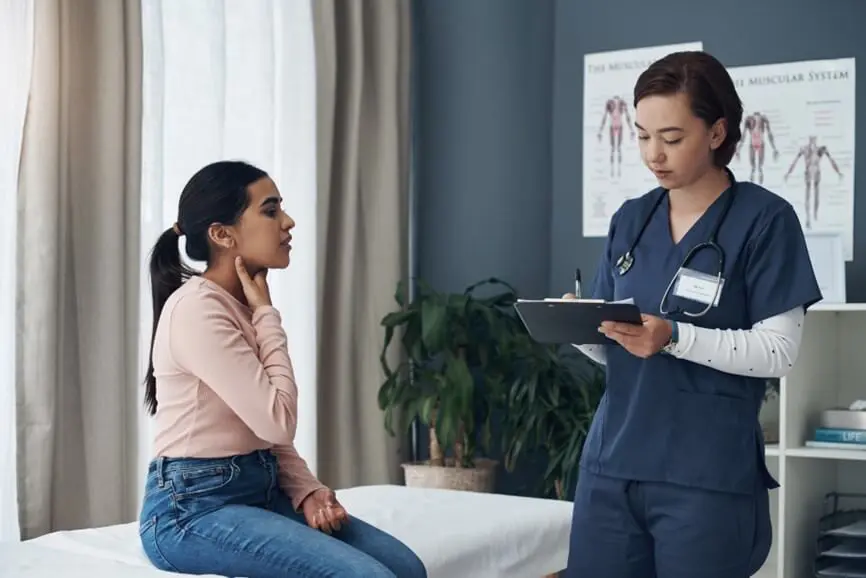The Veterans RAND 12 Item Health Survey (VR-12)
The Veterans RAND 12-Item Health Survey (VR-12) is a self-reported global health measure used to assess a patient’s overall perspective of their health. The VR-12 was developed from the Veterans RAND 36-Item Health Survey (VR-36; formerly called the Veterans SF-36), which itself was developed and modified from the RAND-36.
The VR-12 includes twelve (12) original question items from the VR-36. The items correspond to seven (7) different health domains: general health perceptions, physical functioning, role limitations due to physical and emotional problems, bodily pain, energy/fatigue levels, social functioning and mental health. Answers are summarized into two (2) scores, a Physical Component Score (PCS) and a Mental Component Score (MCS), which then provides an important contrast between the respondents physical and psychological health status.
The VR-12 is an established outcome measure supported by widespread use and the amount of legacy data behind it. It is a short questionnaire that does a good job of capturing a patient’s physical and emotional health status. Both the VR-12 and VR-36 have been administered over 7 million times and are represented in literature by over 150 published articles. Results indicate that scores from the VR-12 outcome measure can be converted to PROMIS 10 scores.
An advantage of the VR-12 is the link that it shares with PROMIS. A study carried out by Schalet et al. in 2015 found substantial overlap between both outcome measures. It concluded that VR-12 scores can also be expressed on the PROMIS metric to help facilitate the evaluation of treatment.
The VR-12 has been used by the Orthopedic community for over a decade, but like most global health instruments, there is still a distinct lack of score standardization from one instrument to the next. Until now health professionals had to choose between data-collection measures without the ability to harmonize scores. Projects such as PROsetta Stone® are attempting to address this issue by carrying out research to see if existing instruments can be better aligned.
Licensing and Cost
Free. The VR-12© measure is available to the public and is free to use, however does require permission prior to using.
To learn more about the VR-12, please visit their website: https://www.bu.edu/sph/research/centers-and-groups/vr-36-vr-12-and-vr-6d/request-access/.
Sources | About the VR-36, VR-12, and VR-6D | Linking Physical and Mental Health Summary Scores from the Veterans RAND 12-Item Health Survey (VR-12) to the PROMIS® Global Health Scale | Updated US population standard for the Veterans RAND 12-item Health Survey (VR-12) | A preference-based measure of health: the VR-6D derived from the Veterans RAND 12-Item Health Survey
See The Global PRO Tools Guide
or Schedule a Call with a CODE PRO Expert



